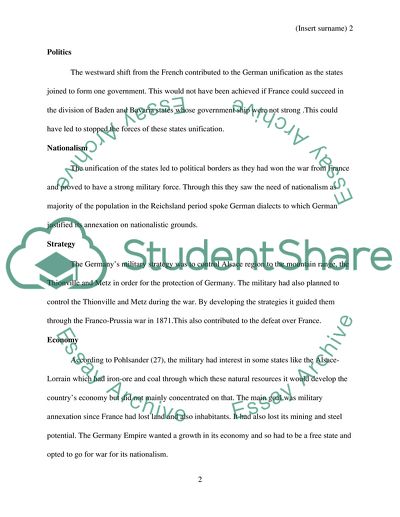Cite this document
(“Midterm Essay Question Example | Topics and Well Written Essays - 1500 words”, n.d.)
Midterm Essay Question Example | Topics and Well Written Essays - 1500 words. Retrieved from https://studentshare.org/history/1605657-midterm-essay-question
Midterm Essay Question Example | Topics and Well Written Essays - 1500 words. Retrieved from https://studentshare.org/history/1605657-midterm-essay-question
(Midterm Essay Question Example | Topics and Well Written Essays - 1500 Words)
Midterm Essay Question Example | Topics and Well Written Essays - 1500 Words. https://studentshare.org/history/1605657-midterm-essay-question.
Midterm Essay Question Example | Topics and Well Written Essays - 1500 Words. https://studentshare.org/history/1605657-midterm-essay-question.
“Midterm Essay Question Example | Topics and Well Written Essays - 1500 Words”, n.d. https://studentshare.org/history/1605657-midterm-essay-question.


